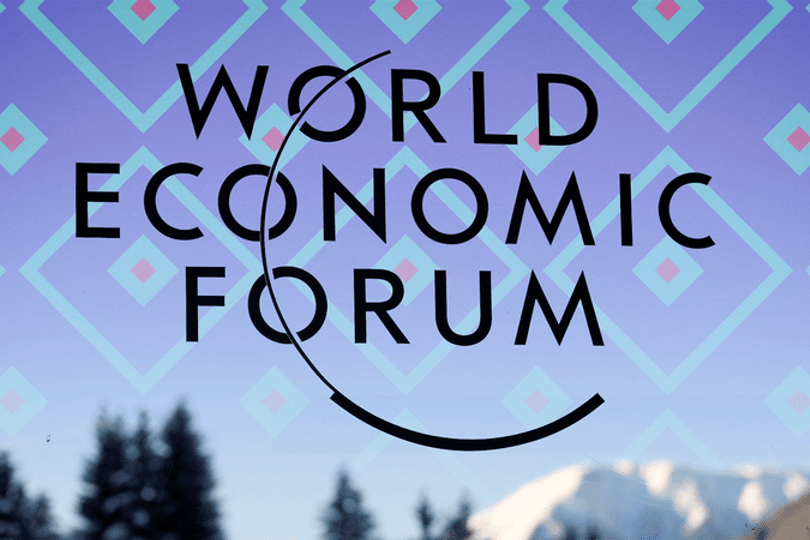
The prospect of strong economic growth in 2018 presents leaders with an opportunity to address signs of severe weakness across societies, economies, international relations and the environment. That is the message of The Global Risks Report 2018, published by the World Economic Forum today.
Drawing on experts from across the world, including the Oxford Martin School, the report highlights numerous areas where we are pushing systems to the brink, from extinction-level rates of biodiversity loss to mounting concerns about the possibility of new wars.
The annual Global Risks Perception Survey (GRPS) suggests that experts are preparing for another year of heightened risk. When nearly 1,000 respondents were asked for their views about the trajectory of risks in 2018, 59% of their answers pointed to an intensification of risks.
A deteriorating geopolitical landscape is partly to blame for the pessimistic outlook in 2018, with 93% of respondents saying they expect political or economic confrontations between major powers to worsen and nearly 80% expecting an increase in risks associated with war involving major powers.
However, as in 2017, the environment was by far the greatest concern raised by experts. Among the 30 global risks the experts were asked to prioritize in terms of likelihood and impact, all five environmental risks – extreme weather; biodiversity loss and ecosystem collapse; major natural disasters; man-made environmental disasters; and failure of climate-change mitigation and adaptation – were ranked highly on both dimensions. Extreme weather events were seen as the single most prominent risk.
According to the GRPS, cyber threats are growing in prominence, with large-scale cyberattacks now ranked third in terms of likelihood, while rising cyber-dependency is ranked as the second most significant driver shaping the global risks landscape over the next 10 years.
Economic risks, on the other hand, feature less prominently this year, leading some experts to worry that the improvement in global GDP growth rates may lead to complacency about persistent structural risks in the global economic and financial systems. Even so, inequality is ranked third among the underlying risk drivers, and the most frequently cited interconnection of risks is that between adverse consequences of technological advances and high structural unemployment or under-employment.
“Future Shocks”
The growing complexity and interconnectedness of our global systems can lead to feedback loops, threshold effects and cascading disruptions. Sudden and dramatic breakdowns – future shocks – become more likely. In this year’s Global Risks Report 10 short “what-if” scenarios are presented to encourage world leaders to assess the potential future shocks that might rapidly and radically disrupt their worlds:
- Grim reaping: Simultaneous breadbasket failures threaten sufficiency of global food supply
- A tangled web: Artificial intelligence “weeds” proliferate, choking performance of the internet
- The death of trade: Trade wars cascade and multilateral institutions are too weak to respond
- Democracy buckles: New waves of populism threaten social order in one or more mature democracies
- Precision extinction: AI-piloted drone ships take illegal fishing to new – and even more unsustainable – levels
- Into the abyss: Another financial crisis overwhelms policy responses and triggers period of chaos
- Inequality ingested: Bioengineering and cognition-enhancing drugs entrench gulf between haves and have-nots
- War without rules: State-on-state conflict escalates unpredictably in the absence of agreed cyberwarfare rules
- Identity geopolitics: Amid geopolitical flux, national identity becomes a growing source of tension around contested borders
- Walled off: Cyberattacks, protectionism and regulatory divergence leads to balkanization of the internet
The Global Risks Report 2018 has been developed with the support of the World Economic Forum’s Global Risks Advisory Board. It is the result of collaboration with Marsh & McLennan Companies, Zurich Insurance Group, the Oxford Martin School, the National University of Singapore and the Wharton Risk Management and Decision Processes Center (University of Pennsylvania).